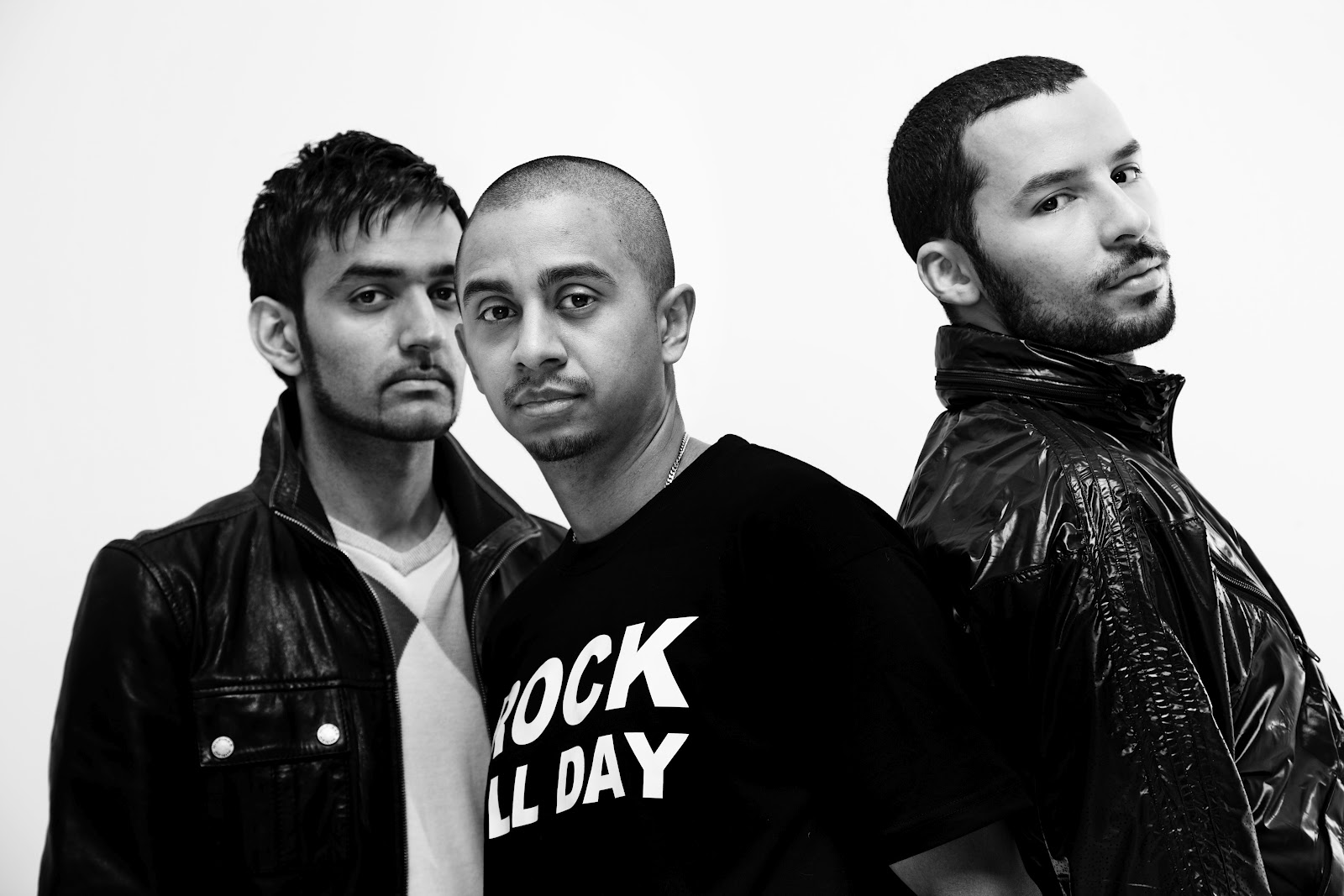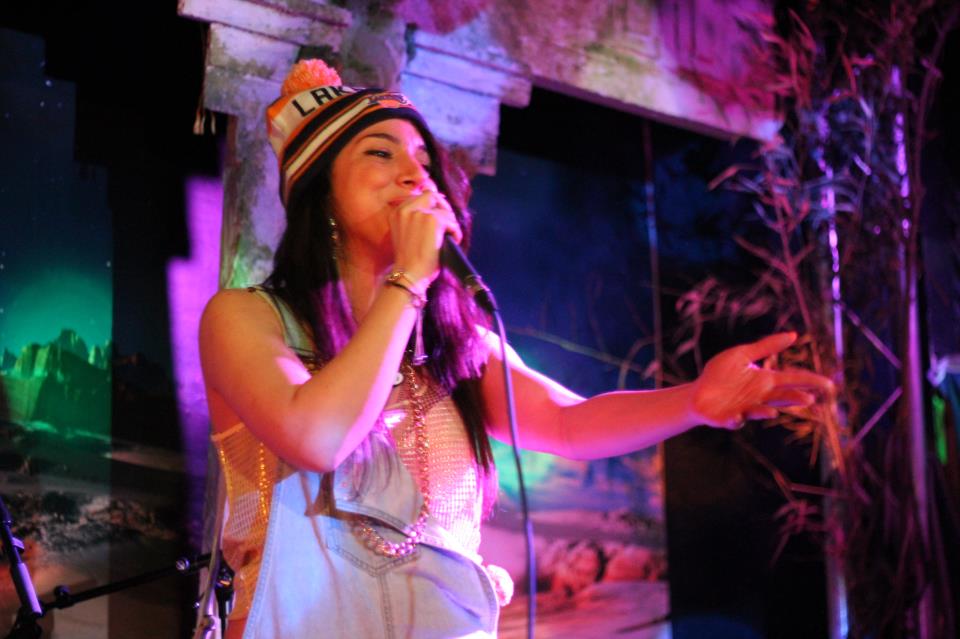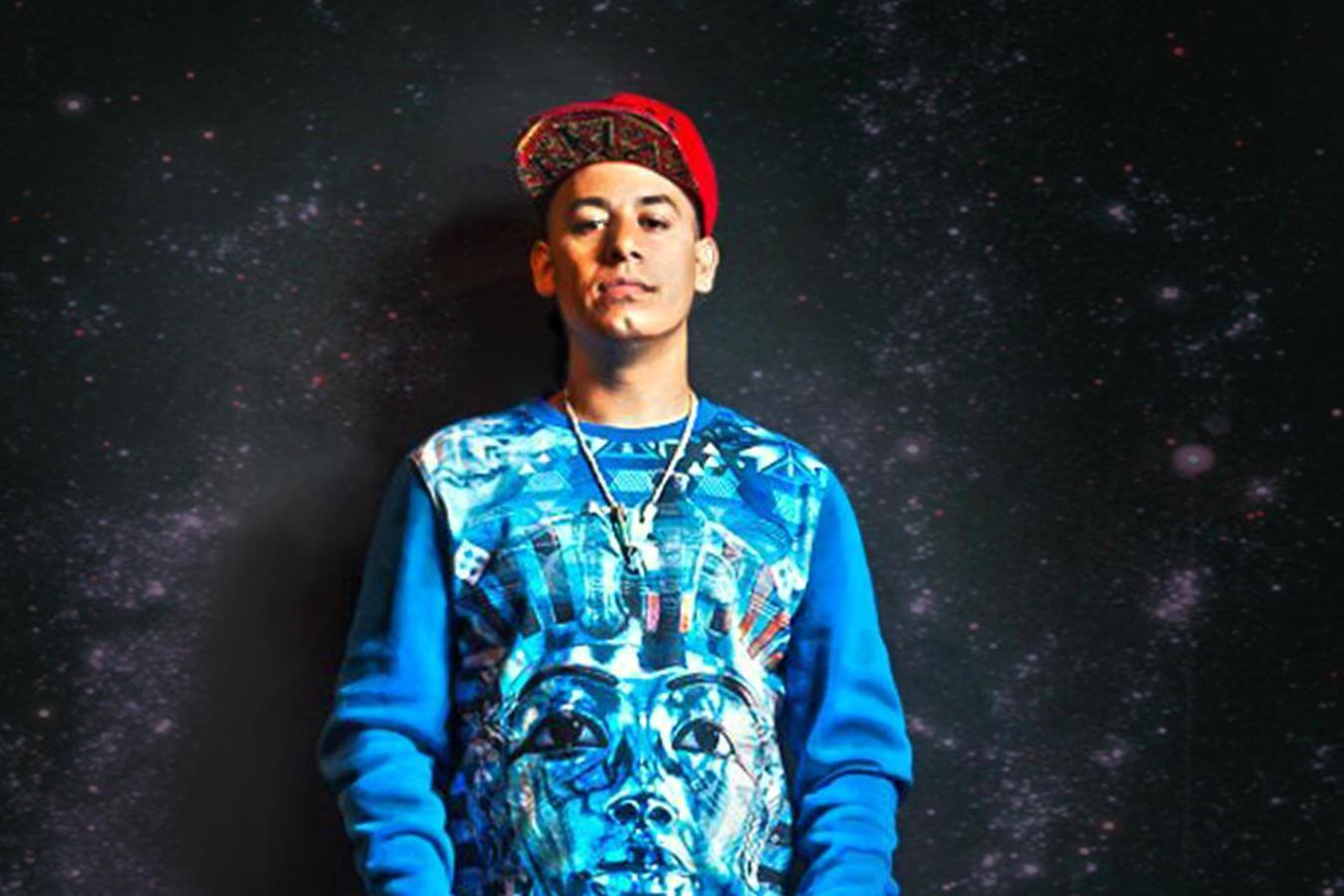[youtube]https://www.youtube.com/watch?v=qNKTGfbbH9M[/youtube]
Filmed at May Project Gardens
www.mayproject.org
INTERVIEW WITH BOCAFLOJA
Bocafloja: What’s going on, my name is BocaFloca, I’m a poet/MC/activist born in Mexico City, living in New York, and the way I started getting involved with hip hop culture was through this process of immigration from Mexican workers going back and forth from Mexico to the United States, so I’m one of the first generations of hip hop artists in Mexico city. So the way, at the time, we met the culture was, we’re talking like late 80’s early 90’s, way before the internet was an accessible tool, so the way was just tapes, cassette tapes that all these workers brought to Mexico during the holidays or when they on their trips back to Mexico. That’s how I was first introduce to hip hop and from then we started the first meetings, or reunions, of the movement in Mexico back in the early 90’s
I Am Hip Hop: I’d like to find out ‚how did you come to the decision to mix the politics into your hip hop? Was there any one time that you just thought “I’m going to be political’ or was it a number of things that built up to it?
Bocafloja: Yeah , I think it was definitely a number of things that, through time I’ve realized how important it is to recognize the fact that art by itself could be useful to participate in different struggles and can be used as a platform to connect the people, the communities, with processes of transformation and different processes of politicization. So, at the very beginning of my career I was not really aware of that power, but several experiences just made me assume that responsibility as a social communicator and as a poet that is thinking not only to satisfy himself but to contribute somehow, someway, to his community, so that’s how I first started to be more involved in that kind of work
I Am Hip Hop: And for some of the people out there watching this that maybe haven’t heard of yourself or your music, what would you say are the main themes or messages you try to portray throughout your music?
Bocafloja: Well basically I’m trying to use my music as a way to stimulate critical thinking. That’s one of my main motivations, so, the use of hip hop as a non orthodox, and different way to share knowledge. At the end of the day the main mission for me is that my art should be used as a tool of an emancipator process, so, like another tool to be useful for different struggles in order to emancipate ourselves. Topics such as colonialism are really relevant in my body of work.
I Am Hip Hop: I’m glad you touched on that because I wanted, if you could, to expand a bit on how much of an impact imperialism and colonialism has had throughout, not just maybe America or your homes city, but just globally and what we as a people or movement can do to combat the imperialism and globalization that’s happening across the world?
Bocafloja: Yeah, I think that colonial element is really present and is really relevant. The thing is that the way the system works, sometimes it makes people confused even with the process of struggle and liberation processes. In some cases the debates are just centered in class issues, but they always stay away from the racial elements. So there’s a lot of situations that we’ve got to go back to understand how was the colonial process in order to understand what is the actual condition, not only economical or social, but also our psyche, the way our minds are working due to that process. So now, these neo colonial ways are constantly affecting us on a daily basis. So in terms of, how come colonialism is relevant in the artistic community, well the majority of the cultural production is always widely orientated in the majority of the cases. So the work that we do is always trying to reclaim, and to question all those cultural forms of production. So we think that the de-colonial process to art is really fundamental.
I Am Hip Hop: And because of your message in your music, and speaking about colonialism and imperialism, have you personally faced any kind of backlash about the messages that you’ve written in your music.
Bocafloja: Yeah, the power structures are never comfortable with this type of messages, and also within the hip hop communities or in the hip hop context, there’s always a really narrow understanding of certain things in terms of what is supposed to be authentic hip hop or what are the topics that are more relevant to the hip hop community. So in some cases the topics that I’m bringing to the table are not easy to digest for some people. But on the other hand I’ve been able to connect with people that don’t necessarily consider themselves as part of the hip hop community, which I consider is relevant in breaking certain boundaries, and I’m reaching a wider possibility to connect with different people.
I Am Hip Hop: For people out there, where can we listen to your music or get in contact with you?
Bocafloja: Well I have my official site, is calledemancipassion.com, it’s emanciapssion with a double s, dot com, and I’m on facebook as Bocafloja, I have a Twitter page which is Bocaquilombo, and I’m in Bandcamp as bocafloja.bandcamp.com. And you can find my music on i‑Tunes and YouTube, so basically just go to the website and there’s links for everything.
I Am Hip Hop: OK. Thank you very much for this interview with I Am Hip Hop.
Bocafloja: Thank you for having me, it was a pleasure. Thank you.
Azad Kamall
Latest posts by Azad Kamall (see all)
- Poetry: Revolution by Azad Kamall — May 28, 2015
- The Keffiyeh — Symbol of Resistence or Fashion Statement — March 16, 2015
- Interview with Bocafloja! (@Bocaquilombo) — February 9, 2015






